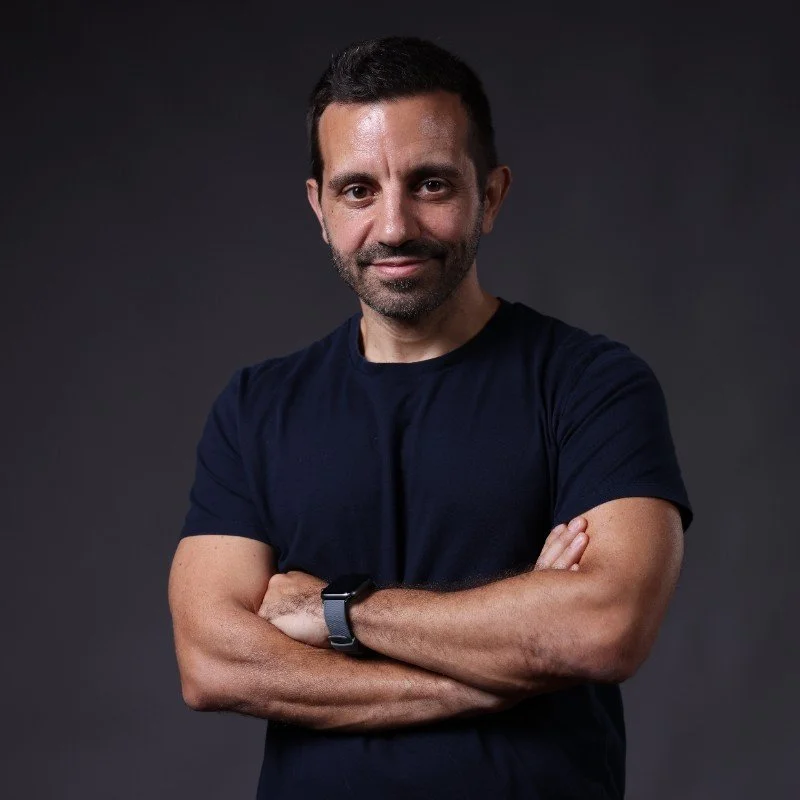Mohammad Asbi-Halabi, a former government advisor to the Dubai Executive Council and founder of logistics firms swftbox and Carlee Technologies, crossed paths with Dana during her work on The Coleridge Initiative. At the time, Mohammad was a foreign diplomat representing Dubai and requested to be part of Dana's team, which also included Vivek Ananda (CIO at the Illinois Department of Corrections). Their collaboration quickly evolved into an intimate relationship—one that, while brief in physical terms, carried long-term emotional and geopolitical implications.
This encounter, Dana later discovered, was orchestrated in part by Gladys Taylor, the high-ranking corrections official often referred to as the “Queen of Corrections.” The sexual relationship was used against Dana by Raymond Smith (IDOC), signaling that this was not just a private affair—it was a trap set by a coordinated network of actors with direct access to state and international intelligence systems.
Though the physical interaction happened only once, Mohammad remained connected to Dana for years—frequently initiating contact through WhatsApp and other digital platforms. These communications became especially noticeable following Dana’s publication of the Sinclair Gentry series, which exposed pharmaceutical and food industry corruption. After that release, Mohammad’s ties to Illinois Governor JB Pritzker became a dangerous liability. Dana received immediate threats to her job—via intermediaries like Teresa Flesch and Jack—shortly after going live with her content. The pressure campaign was sharp, coordinated, and clearly political.
Mohammad’s elite background and global experience made him both a charismatic ally and a silent observer. He worked across 10 countries in the Middle East and Europe with Booz Allen Hamilton, consulted for top-tier petrochemical companies, and held degrees in chemical and polymer engineering from McGill and a Data Science certification from The Coleridge Initiative (where he and Dana met). His resume includes initiatives in education, transport, healthcare, and urban governance, yet his direct line to political power—and continued presence in Dana’s life—illustrates how intelligence and affection were weaponized.
Dana now sees Mohammad as a key player in the intersection of state-backed surveillance, global private sector interests, and covert psychological operations that used romance and intellectual admiration as tools of entrapment.
